The Most Important Cardinal Virtue
Dear TRA Families,
Last week I began a series on virtue and the critical role it played in education throughout history.
Today I am going to talk about the Cardinal Virtue that has been considered the most important out of the list of four (prudence, justice, temperance, and fortitude). But before I give you the answer, which of these would you rank as most important?
St. Thomas Aquinas believed that of the four Cardinal or Principled Virtues, prudence was most important. I think a case could be made for justice as well, which is why in last week's Fresco by Raphael, he DID NOT include justice in his depiction of the virtues and instead painted it on the ceiling overlooking all the other three. In either case, they are all important, but for the sake of landing somewhere, I will discuss prudence as it pertains to an education here at TRA.
Let’s first revisit Raphael’s depiction of prudence in the painting I showed you last week:
Raphael’s depiction of prudence
Notice that the front-facing woman is looking into a mirror upheld by a cherub. This is to show both a forward-facing posture, but also one that is self-reflective. But then notice the back of the woman's head; it is the face of an old man. This is believed to reflect the need to also look back on the past with wisdom so as to learn from what has gone before in order to make prudent decisions going forward.
Aristotle says that Prudence is recta ratio agibilium. This is Latin for “right reason applied to practice.”
Here at TRA, we aim to educate students who can become the next generation of Christian leaders, equipped to shape culture through faithful, wise, and joyful Christian living. Part of this educational process is helping them to learn wisdom and discernment so that they can apply “right reason to practice.” How do we do that? Just like Raphael’s painting asserts, we believe one of the best ways to gain wisdom is through knowledge of the past. For this reason, our students read a lot, and then discuss extensively.
I recently had a parent ask me why we read controversial texts like the Koran (or a number of others like the Communist Manifesto)? My answer was simple: we want our students to read from a wide variety of the texts that have shaped human history, but do so in an environment where they can apply the scriptures to what they read, and then discuss it in relationship with peers and teachers who love God. In this way, we believe our students will be able to gain wisdom and prudence so that they can apply “right reason to practice.”
To God be the glory!
Have a great week,
Eric

